The importance of transparency and inclusivity in the leadership selection process of any organisation is crucial. Unfortunately, Nnamdi Azikiwe University (NAU), Awka, has shown how unilateral actions by leadership can trigger allegations of misconduct in a university setting. NAU has become a disastrous experience in the consequences of narrowness in defining eligibility criteria for leadership contests. The Academic Staff Union of Universities (ASUU, NAU) had claimed that the criteria for the position of vice chancellor (VC) appeared tailored to benefit an “anointed candidate.” This allegation appears to have come true with recent developments.
The Controversy
The controversy at Nnamdi Azikiwe University (NAU) began with directives from the National Universities Commission (NUC) on 28 May 2024, which mandated that outgoing Vice Chancellors appoint their deputies as Acting Vice Chancellors. Accordingly, Professor Joseph Ikechebelu, who served as Deputy Vice Chancellor, assumed the role of Acting VC after the tenure of Professor Okechukwu Esimone ended on 3 June 2024.
Join our WhatsApp ChannelHowever, on 22 July 2024, nearly two months after Ikechebelu assumed office, the university’s Governing Council, led by Pro-Chancellor Greg Mbadiwe, appointed Professor Carol Arinze-Umobi as new Acting VC. This decision was met with significant backlash from various stakeholders. For instance, ASUU accused Mbadiwe of misconduct, claiming he acted unilaterally by appointing an Acting Vice Chancellor and advertising for the Registrar position without properly composing the Governing Council to include representatives from key internal constituencies like Senate and Congregation. ASUU argued that these actions violated established governance protocols and warned of potential disruptions to industrial peace. As a result, on 21 October 2024, ASUU submitted a petition to the Minister of Education, Prof. Tahir Mamman, accusing Mbadiwe of misconduct and dictatorial practices that undermined proper governance. Nonetheless, Arinze-Umobi’s appointment as new Acting VC survived.
And then the Appointment of Substantive VC
The situation escalated further when ASUU raised concerns about the eligibility criteria for the position of substantive VC, which it deemed discriminatory, flawed and without proper consultation. The situation heightened when legal actions were initiated by ASUU and the Medical and Dental Consultants Association of Nigeria (MDCAN), challenging the appointment processes and eligibility criteria.
In response to these issues, on 25 October 2024, the NUC intervened and instructed NAU to resolve its internal disputes before making any further appointments. Despite this directive, on October 29, 2024, the Governing Council appointed Professor Bernard Ifeanyi Odoh as new substantive Vice Chancellor after an interview process with shortlisted candidates. The appointment was not only met with controversy but there were immediate protests and legal challenges.
In contrast, university management defended Mbadiwe’s actions, asserting that all guidelines were followed and that Council had the authority to proceed with appointments. They dismissed allegations of misconduct as unfounded.
Despite this, on November 1, 2024, the Federal Ministry of Education declared Odoh’s appointment null and void. The ministry’s letter reiterated that it had been agreed during a meeting on October 25 that no appointments should be made without reconciling the aggrieved parties within the university community. The ministry further noted that Odoh’s appointment had been made without proper representation from internal council members and other stakeholders.
Overlapping Powers and Interests: Who is Right?
According to University Act specific to NAU, the Governing Council is responsible for policy matters and appointments, while the Senate is tasked with overseeing academic affairs. The Act emphasises that decisions affecting university governance should involve input from both bodies, particularly regarding leadership appointments.
Based on the provisions of Nigerian Universities Commission (NUC) Act and the University Law that establishes each institution’s governance structure, Ambassador Mbadiwe and the Governing Council possess legal rights under these Acts to make appointments. However, their authority is contingent upon following due process. If they fail to involve internal stakeholders appropriately, their decisions can be challenged legally. This act emphasises the necessity for consultation with internal stakeholders to ensure transparency and accountability.
Meanwhile, NUC is right to have intervened because the NUC Act also empowers the National Universities Commission to oversee and regulate university operations in Nigeria. This includes ensuring that universities adhere to established governance protocols which mandate involvement from internal stakeholders such as Senate members, faculty and student representatives in decision-making processes related to leadership appointments. Since the University Act and NUC Act provide legal backing for stakeholder involvement in university governance while granting oversight powers to NUC to ensure compliance with these regulations, the university governing council should understand that without staff and students there will be no NAU. So, the governing council should not just always inform the Senate and staff while making decisions but should always ensure mutual agreement among parties involved before declaring anything. That way, an institution will grow.
This is particularly important for universities still in the process of appointing new vice chancellors, e.g., the University of Nigeria, Nsukka (UNN). So far, reports show that UNN has displayed great maturity in how it has navigated a series of landmines in the appointments for acting vice chancellors since June 2024. Therefore, for universities like UNN, it is crucial to establish a selection process that prioritises merit and broad representation while ensuring all stakeholders have a voice. Implementing clear guidelines, engaging diverse committees and fostering open communication can help prevent the ugly NAU episode in future appointments.
Dr Mbamalu is a Jefferson Fellow, member of the Nigerian Guild of Editors (NGE) and a renowned Publisher.
Dr. Marcel Mbamalu is a communication scholar, journalist and entrepreneur. He holds a Ph.D in Mass Communication from the University of Nigeria, Nsukka and is the Chief Executive Officer Newstide Publications, the publishers of Prime Business Africa.
A seasoned journalist, he horned his journalism skills at The Guardian Newspaper, rising to the position of News Editor at the flagship of the Nigerian press. He has garnered multidisciplinary experience in marketing communication, public relations and media research, helping clients to deliver bespoke campaigns within Nigeria and across Africa.
He has built an expansive network in the media and has served as a media trainer for World Health Organisation (WHO) at various times in Northeast Nigeria. He has attended numerous media trainings, including the Bloomberg Financial Journalism Training and Reuters/AfDB training on Effective Coverage of Infrastructural Development of Africa.
A versatile media expert, he won the Jefferson Fellowship in 2023 as the sole Africa representative on the program. Dr Mbamalu was part of a global media team that covered the 2020 United State’s Presidential election. As Africa's sole representative in the 2023 Jefferson Fellowships, Dr Mbamalu was selected to tour the United States and Asia (Japan and Hong Kong) as part of a 12-man global team of journalists on a travel grant to report on inclusion, income gaps and migration issues between the US and Asia.

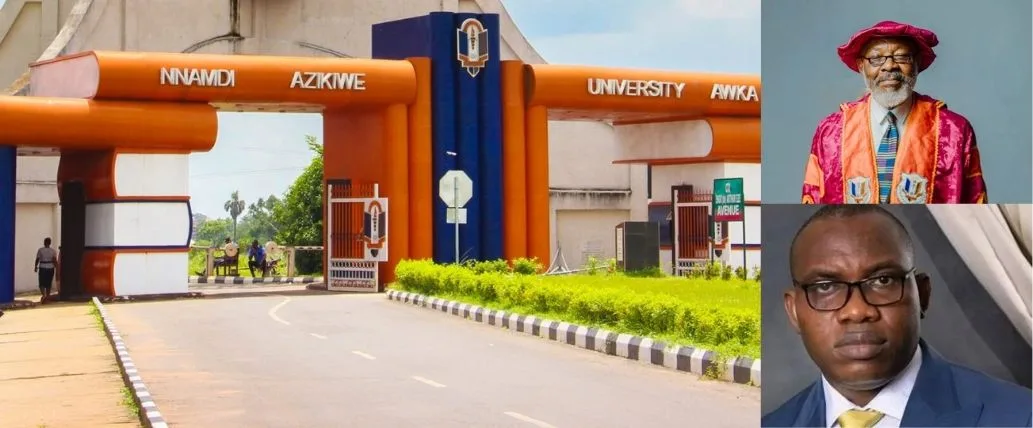





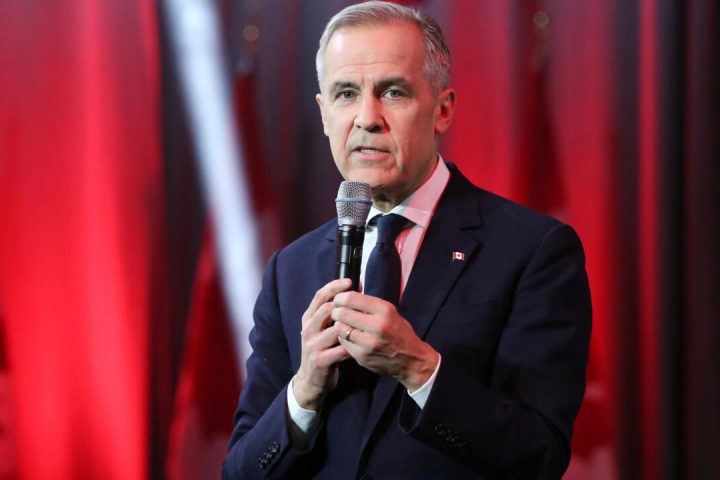




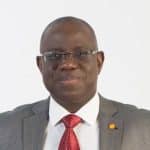
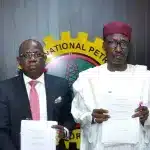


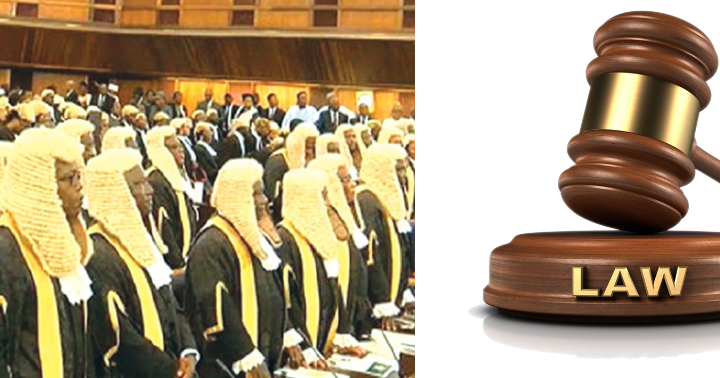
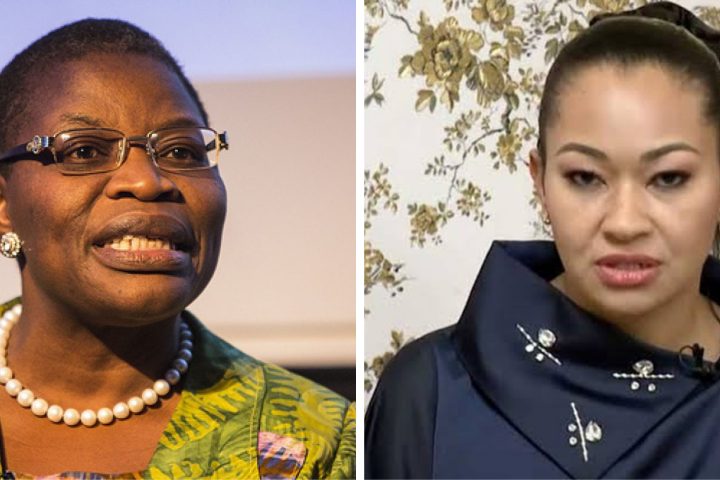
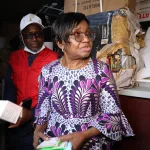
Follow Us